
John Betjeman
| Use attributes for filter ! | |
| Gender | Male |
|---|---|
| Death | 39 years ago |
| Date of birth | August 28,1906 |
| Zodiac sign | Virgo |
| Born | London |
| United Kingdom | |
| Date of died | May 19,1984 |
| Died | Trebetherick |
| United Kingdom | |
| Buried | St Enodoc Church, Trebetherick, United Kingdom |
| Albums | Late Flowering Love |
| Betjeman's Banana Blush | |
| Job | Poet |
| Screenwriter | |
| Broadcaster | |
| Education | Magdalen College |
| University of Oxford | |
| Marlborough College | |
| Movies/Shows | Summoned by Bells |
| A Passion for Churches | |
| Metro-Land | |
| Railways for Ever | |
| John Betjeman Goes by Train | |
| Metro‑Land | |
| Place of burial | St Enodoc Church, Trebetherick, United Kingdom |
| Spouse | Penelope Chetwode |
| Children | Candida Lycett Green |
| Son Paul | |
| Paul Betjeman | |
| Grandchildren | Imogen Lycett Green |
| Endellion Lycett Green | |
| John Lycett Green | |
| Lucy Lycett Green | |
| David Lycett Green | |
| Date of Reg. | |
| Date of Upd. | |
| ID | 449844 |
Trains and Buttered Toast: Selected Radio Talks
Betjeman's England
The best of Betjeman
Lovely Bits of Old England: John Betjeman at The Telegraph
Tennis Whites and Teacakes
First and last loves
Slough
Ghastly Good Taste: Or, A Depressing Story of the Rise and Fall of English Architecture
Betjeman's Cornwall
nip in the air
A few late chrysanthemums
Church poems
Betjeman's Best British Churches
London's historic railway stations
Continual dew
Betjeman's Britain: Poems from the BBC Archives
Letters
Victorian and Edwardian London from old photographs
Illustrated Poems of John Betjeman
The Best Loved Poems of John Betjeman
The City of London Churches
A First Class Collection
An Oxford University Chest
Sweet Songs of Zion: Selected Radio Talks
Cornwall: A Shell Guide
A pictorial history of English architecture
A Ring of Bells: Poems
Collins pocket guide to English parish churches
Betjeman's London
Selected Poems
Victorian and Edwardian Cornwall from Old Photographs
Archie and the Strict Baptists
1926 to 1951
Letters: 1951 to 1984
English, Scottish and Welsh landscape
Slick but not streamlined
Mount Zion: Or In Touch with the Infinite
Still Sidmouth
English love poems
John Betjeman Letters
Coming Home
Betjeman in Miniature: Selected Poems of Sir John Betjeman
Victorian and Edwardian Oxford from Old Photographs
In praise of churches
John Betjeman: Coming Home : an Anthology of His Prose 1920-1977
Banana Blush
Betjeman: Poets for Pleasure
Betjeman Reads Betjeman
John Betjeman Collection
Summoned by Bells
Metro‑land
John Betjeman Life story
Sir John Betjeman CBE was an English poet, writer, and broadcaster. He was Poet Laureate from 1972 until his death. He was a founding member of The Victorian Society and a passionate defender of Victorian architecture, helping to save St Pancras railway station from demolition.
Jim Parker: Midsomer Murders composer dies aged 88
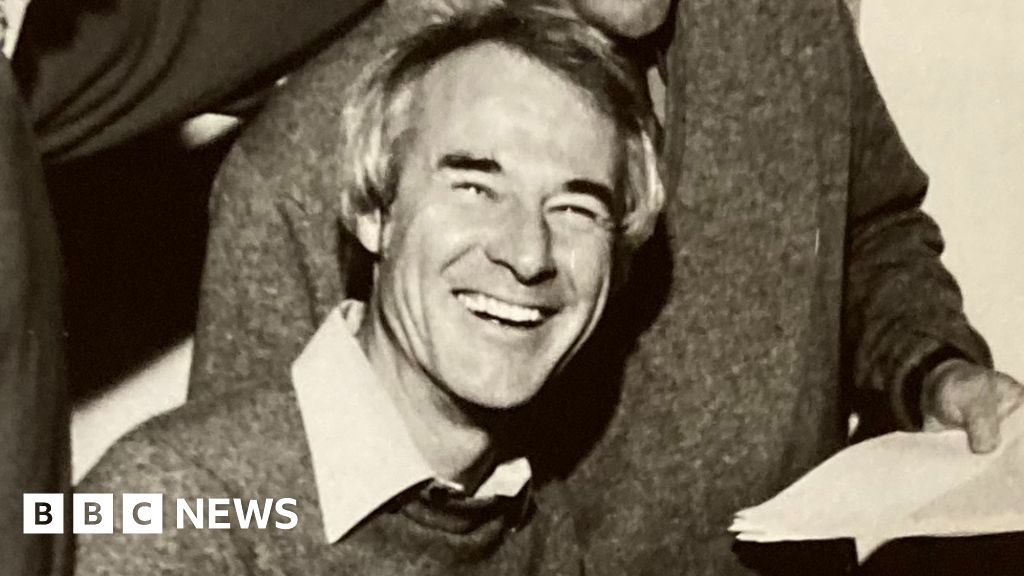
... In a career spanning 60 years, he collaborated with comic Victoria Wood and writer Sir John Betjeman...
No 10 turned down Larkin, Auden and other poets for laureate job
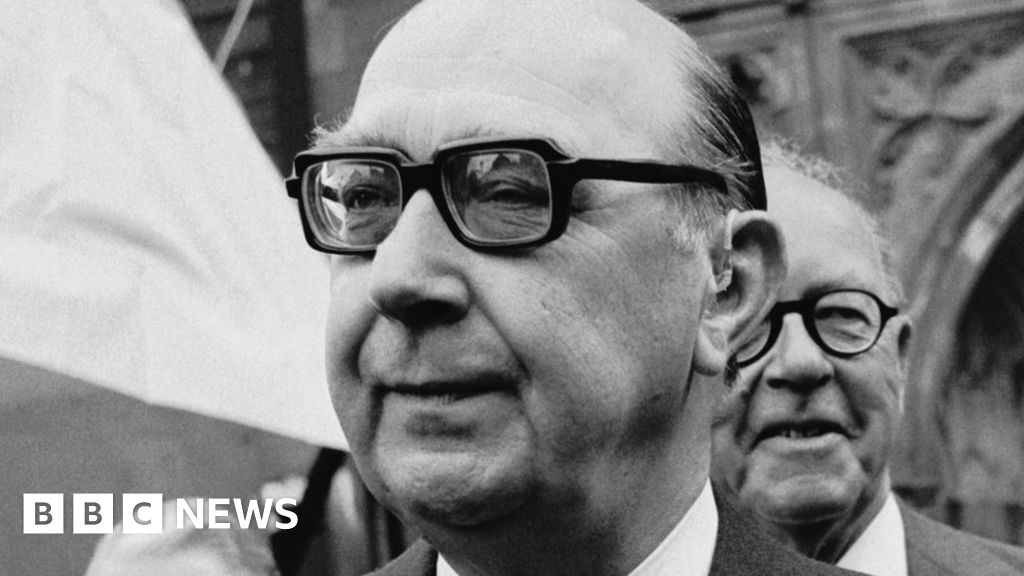
... John Betjeman was one of the most popular poets...
Barry Humphries: The satirist and comedian whose life was dominated by Dame Edna Everage
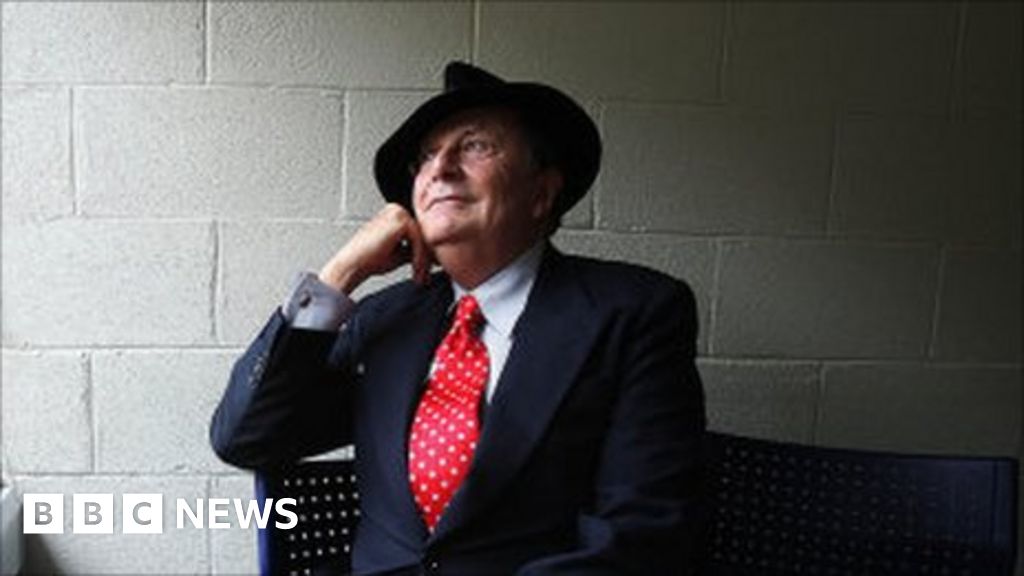
... He also struck up an unlikely, but long lasting friendship with the Poet Laureate, Sir John Betjeman, with whom he shared a passion for both Victoriana and for Cornwall...
King Charles 50p coins struck for the first time
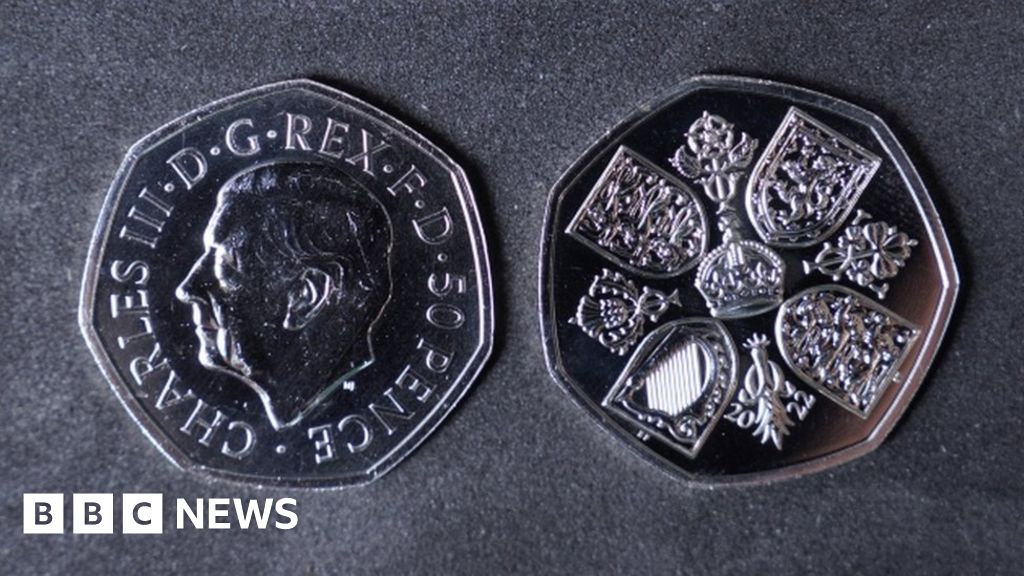
... " CommemorationKing Charles s portrait is the first coin design undertaken by Mr Jennings, but his public sculptures include poets John Betjeman, in St Pancras Station in London, and Philip Larkin in Hull...
King Charles: New coins featuring monarch's portrait unveiled
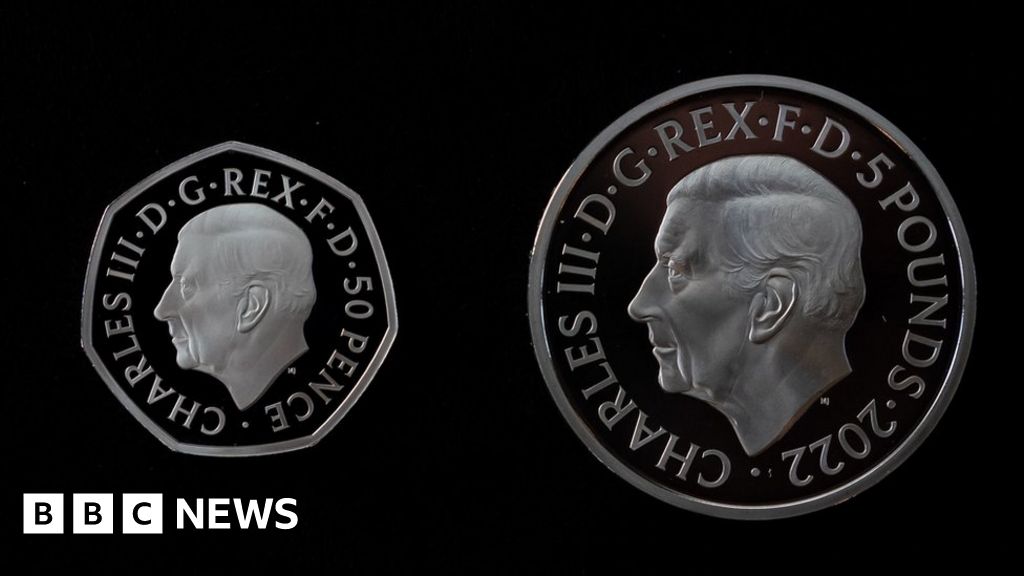
... King Charles s portrait is the first coin design undertaken by Martin Jennings, but his public sculptures include poets John Betjeman, in St Pancras Station in London, and Philip Larkin in Hull...
Simon Armitage pens poem on cancer pill
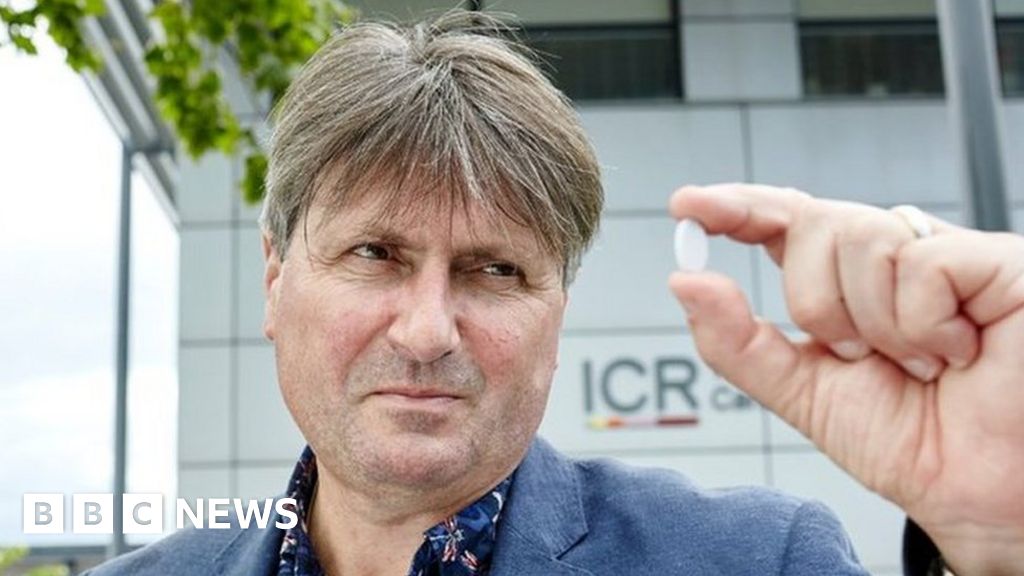
... He declared this piece was exactly the kind of project he had in mind when he when took on the job, which was previously undertaken by Carole Ann Duffy, Sir John Betjeman and Alfred, Lord Tennyson...
No 10 turned down Larkin, Auden and other poets for laureate job
By Sanchia BergBBC News
Some of The Greatest English poets of the 20Th Century were ruled out by Downing Street as candidates for poet laureate, government files reveal.
Names such as WH Auden, Philip Larkin and Robert Graves were passed over as being unsuitable.
The Job dates back to the 17Th Century , and has been filled by some of The Most celebrated poets in history, including Tennyson and Wordsworth.
The papers, released on Wednesday, date from the 1960s to the 1980s.
In May 1967, the appointments secretary at 10 Downing Street found himself having to draw up a list of the country's best poets. The incumbent, John Masefield , had died after 37 years in The Post .
It was The Middle of the so-called " swinging '60s" and the idea of a poet laureate seemed archaic to many.
But poetry was increasingly popular, thanks to The Work of a New Generation of writers, like Allen Ginsberg in the US, and the Liverpool poets in Britain.
Harold Wilson , the Prime Minister , was in no rush to make a decision. John Hewitt , who was appointments secretary at Number 10, was told to investigate potential candidates.
He approached leading figures in The Arts , as well as dons at Oxford and Cambridge. Dame Helen Gardner , Merton Professor of English at Oxford, had some " fairly caustic" comments about the " present quality of poetry" and the " lack of any outstanding talent" the papers reveal.
Auden was excluded because he was an American Citizen . John Betjeman was one of The Most popular poets. But Dame Helen described Him as " a lightweight, amusing But rather trivial". He had " critical views about the establishment" She Said , which deemed to be not appropriate.
Robert Graves was " probably The Best poet available" she added, But his " manner of life must surely rule Him out". Graves had criticised The Role and spent most of his Time In Majorca.
The popular poet Stevie Smith she dismissed as " absurd". She " wrote 'Little Girl poetry' about herself mostly. " Cecil Day-Lewis was " a possible" - he produced " run of The Mill poetry But nothing particularly outstanding".
That view was echoed by The Chair of the Poetry Society , Geoffrey Handley-Taylor. He told Hewitt That Graves was " too peculiar" and " too anti-establishment". Betjeman, He Said , " called himself a poetic hack and there was some truth to this".
He described Smith as " unstable". By contrast Day-Lewis was " a good administrative poet" and " a safe bet".
As the months passed, more names were put forward. Some nominated themselves. Allen Ginsberg proposed The Singer Donovan, just 21, whose work " Sunshine Superman" and " Mellow Yellow" had topped The Charts . In August, Ginsberg sent a hand drawn " flower card" to Number 10 with The Words " Donovan for Laureate". Officials did not respond.
On September 14, 1967, Hewitt wrote to the Prime Minister proposing Day-Lewis. The Alternative , Betjeman, would be a " backward-looking choice" He Said . He had been described as " The Songster of tennis lawns and cathedral cloisters".
Harold Wilson agreed, But he wanted Hewitt to explore the possibility of appointing additional poets laureate for Scotland, Northern Ireland and Wales. That was not pursued, and in January 1968, The Announcement was made.
But Four Years later, The Search began again, after Day-Lewis died.
Auden was again under consideration, according to newspaper reports, and apparently the bookies' favourite.
Number 10 was warned by Ross Mcwhirter - of the Guinness Book of Records - That Auden was said to be the author of a " pornographic" poem entitled " The Gobble" published in an underground magazine.
McWhirter worried That if Auden were selected this could " bring disgrace upon The Appointment " and this would reflect on The Queen herself. The now-Sir John Hewitt told Him Auden wasn't on The Shortlist .
This Time Philip Larkin was under serious consideration - described by Hewitt as " a first-rate craftsman". But The Critic Jon Stallworthy warned Larkin disliked Public Speaking . Officials were advised he was a " reserved" man who would not be an ambassador for poetry.
The so-called " poets' conference" representing younger writers, suggested Adrian Mitchell and George Macbeth - But they didn't make it into The Final selection.
Then Prime Minister Ted Heath , picked Betjeman- who accepted, writing That he was " honoured and delighted and at the same time humbled".
A trying yearIn 1984, a new laureate was needed, following Betjeman's death. There is no discussion of merit in the file.
Mrs Thatcher's officials put together a list of names and recommendations. Larkin was The Most popular choice, But one unnamed figure objected.
Ted Hughes was picked, even though only Two People proposed Him - and no explanation was given.
The Trial of selecting a new laureate following the death of the previous one is now a thing of The Past . Whereas it used to be a lifetime post, since 1999, The Appointment has been for a fixed term of 10 Years . Current incumbent Simon Armitage 's tenure runs until 2029.
Reacting to the newly declassified files, Mark Ford , Professor of English at University College London, said: " The laureateship is such a peculiar role That finding a suitable candidate is not Easy - 1967 was clearly a particularly trying year. "
Related TopicsSource of news: bbc.com


















